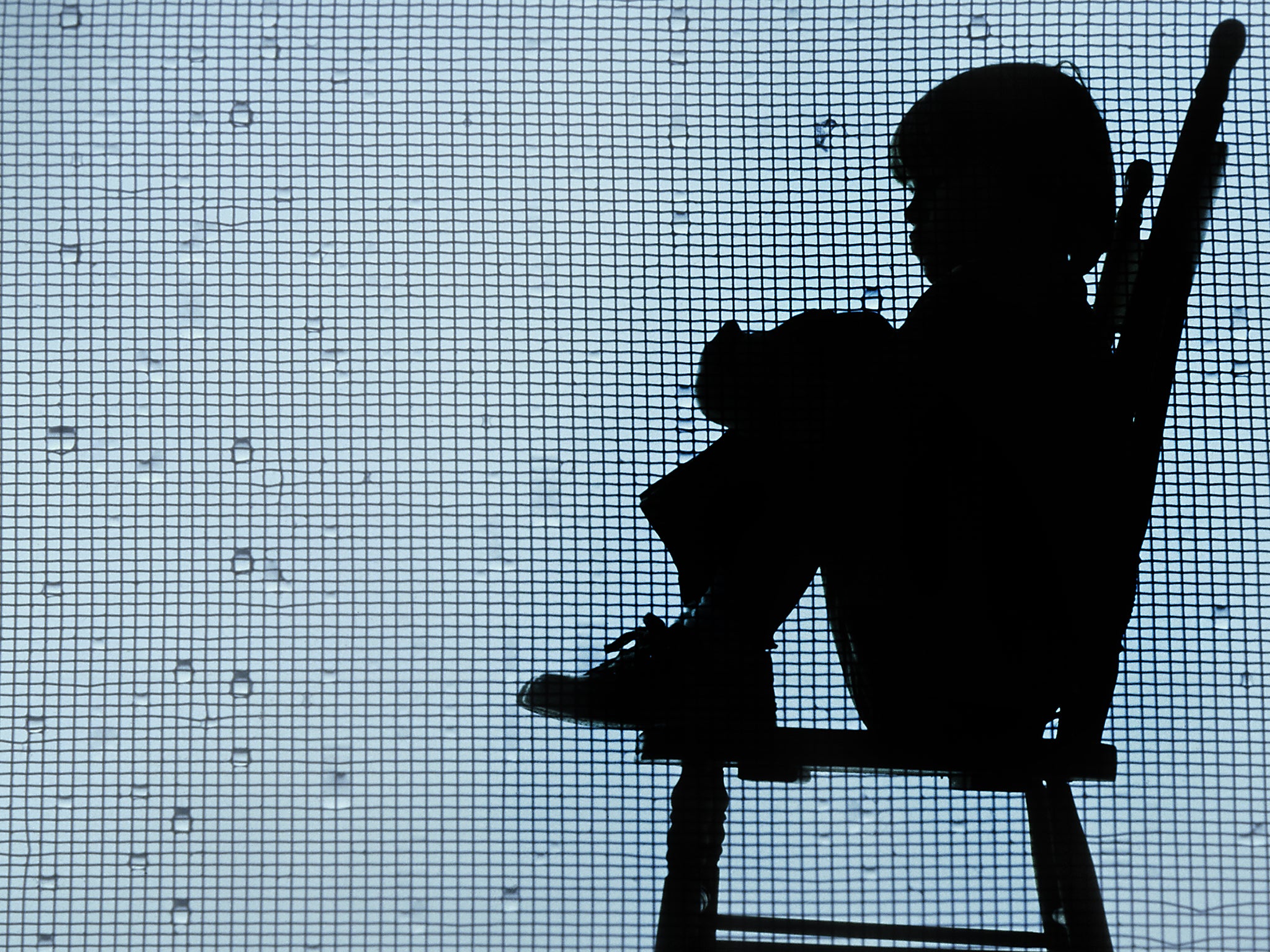My daughter has my eyes, my hair and my ADHD
I tried to be the Type A, organised parent I thought she needed – but I had to accept the fact that I couldn't be that person

My mother wisely warned me that it is naive for young parents to imagine that their children will inherit only the traits they most admire in their spouses and themselves. She advised us to be realistic about the beautiful creatures we created and reminded us that our children are every bit as human as each of their parents.
I have attention-deficit/hyperactivity disorder. When I was a child, I thought I was just messy and forgetful. I also thought that I was not very smart. I'm glad there is a name for it now. But sometimes I'm sad that my daughter also has to weather ADHD. I know how hard it can be to think through that fog. I also know how lonely, guilty and unsuccessful it can make a kid feel.
I thought there was a special language - a brightness - that the other children in my classes shared with the teachers. They were “in the know.” They got it. I struggled in a fog for reasons I could neither understand nor explain. I wanted to pay attention, but my efforts to do so went like this:
“Okay, children,” my teacher would say, “let's dive into problem No. 1.”
I'd tell myself: “Eileen, pay attention,” and I would burn brightly with that intention. But I would get tripped up at the first distraction - the words “pay attention.” I'd examine the words to see what they rhyme with: It could be “play attention, stay attention, delay attention.” Then I would start pulling the phrase apart: “Why is it pay? Why not offer, give or share? Why do we say 'pay'? What is attention? Like an attendant? Like a parking attendant? I get that - a parking attendant stands at attention.”
When I snapped out of my reverie, they would be on No. 3. I was simply more interested in language than in math. Even when I was trying to focus, I didn't even make it to the first step of the first problem.
Then a thick fog of exhaustion would set in. I didn't know how to catch up. I had gotten behind, and I could not explain why. I thought I was paying attention. Then I would panic because I felt so lost and thought I had misbehaved. I felt guilty because I meant to focus. I just did not know how to engage with the subject matter.
I was repulsed by math because it challenged me so much. I distracted myself with the subject matter around it, because I was interested in words and could connect with language. This interplay of exhaustion, panic, guilt and defeat is a frightful symphony. In my experience, this is the emotional soundtrack of ADHD.
When I learned that my daughter has ADHD, I tried to be the Type A, organized parent I thought she needed. But I had to accept the fact that I'm not that person, and this condition is long-term. All my Type A intentions burned out within six weeks of her diagnosis.
On my worst days, I feel like the most ill-equipped parent to support a child with ADHD. I fight through the fog that rolls over my eyes when her wonderful teachers, doctors and counselors suggest systems I might implement to teach her to organize her environment. Her teacher suggested that I try to help her stay organized by using labels. Although I deeply appreciate her willingness to help, I laughed a bit, because every box that I have ever labeled holds non-label-related contents. It's more of a tombstone commemorating past organizational attempts than a functional system for ordering anything.
But on my best days, I remind myself that what I lack in organizational skills, I make up for in emotional understanding. I know what this feels like. I know how kids with ADHD hurt. I know how eager they are to be found and how easy it is for them to get lost, wandering the terrain of their intricate brains.
I also know what a gift it is to have ADHD. I wholeheartedly believe that this is a strength. When I was in high school and could start directing my own studies, I began to realize the dimensions of my intellect. My reveries yield clear and deep thoughts that now fuel my livelihood.
They also make me love living inside my own head - it's a beautiful vantage point from which to see the world. I attribute that to my big ADHD eyes - they know what they like, and they pull in interesting tidbits from everywhere.
One of my favorite things about it is that I completely enjoy my own company and a spot next to an open window to delight in my reveries. I may not be able to mirror organizational skills for my daughter, but I can show her what it means to relish having eyes like ours. And that matters.
© Washington Post
Join our commenting forum
Join thought-provoking conversations, follow other Independent readers and see their replies
Comments
Bookmark popover
Removed from bookmarks